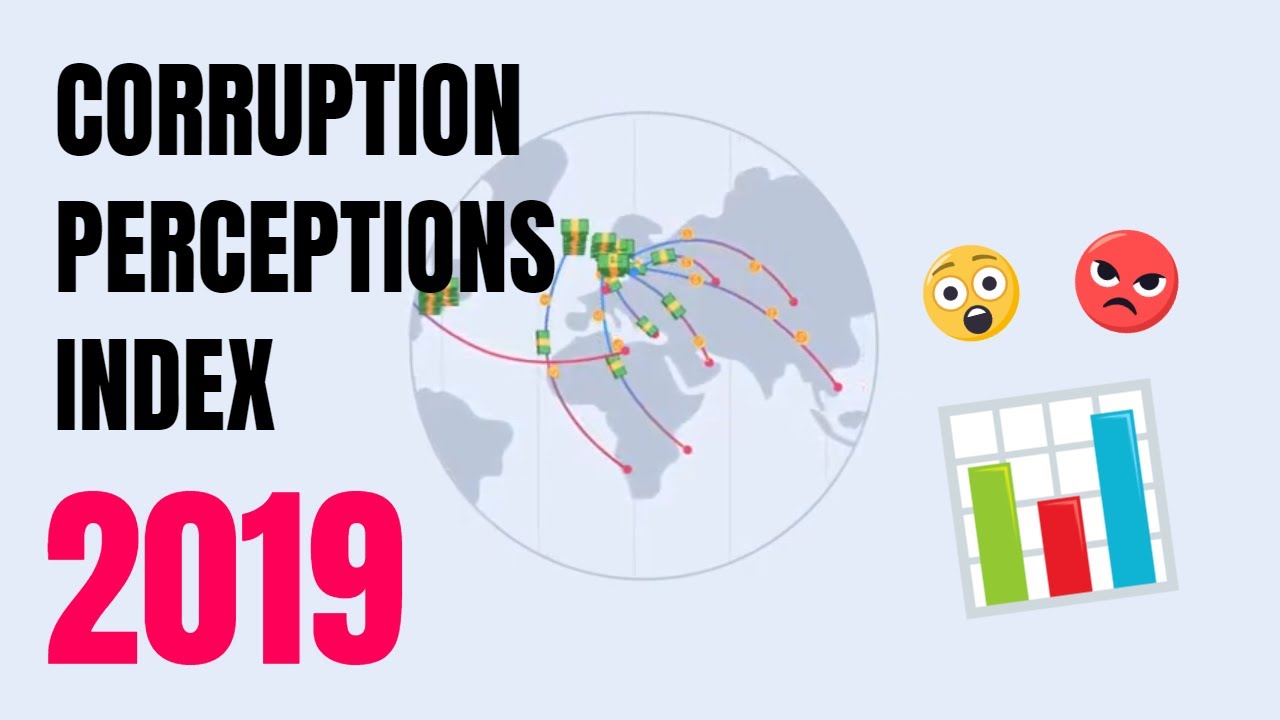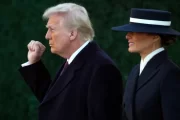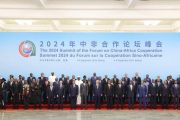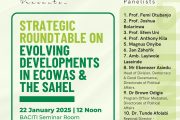The 2019 global corruption perception index is out and, in the case of Nigeria, all the coalitions, propaganda, discourses, convictions and threats directed at corruption have not amounted to much. This is not a terrible summing up given that Nigeria has not improved its ranking but, instead, declined. Standing at 146 out of 180 is such a great distance from brilliance in favour of mediocrity.

Rhetorical excess or oracular premonition?
Understandable, therefore, is the palpable discomfort in the anti-corruption constituency over the rating. It can be cited in the apt observation of the Civil Society Legislative Advocacy Centre (CISLAC), Transparency International Chapter in Nigeria that “the negative result from this year provokes tough questions”. The question, for it, is why Nigeria is still perceived by Nigerians and the international community as very corrupt despite the proclaimed war on corruption and in spite of the Government of Nigeria’s claims of winning the war on corruption.
The hint that all is not well is clear. But, what exactly is not well is open to debate, given the diversity of the anti-corruption community in Nigeria that ranges from preachers to barricade warriors down to the anti-graft agencies and, by implication, the state and, lastly, the media. All that seems clear is that this report card is a matter of concern for all these interests working on corruption in the country.
The Federal Government which must be the hardest hit by the rating is, typically off on a defensive excursion by saying that the “facts on the ground do not correlate with the information dished out”. The EFCC speaks in the same vein in its insistence that “the rating is a far cry from the evident strides and achievements so far accomplished by the anti-graft agency in the fight against corruption, particularly under the administration of President Muhammadu Buhari”.
But the index does not deal with facts but perceptions, having taken off from the position that there are no such things as facts in and of themselves or facts which are not interpretations. If everything is interpretation, then it is best to start with perceptions in unpacking the social world for the simple reason that the way people perceive a thing is the way they act on it. In other words, facts are what people use to operationalise perceptions, not the other way round. This is the logic of TI’s perception index.
In this sense, CISLAC is closer to what the index is all about when it says “The CPI aggregates data from a number of different sources that provide perceptions by the business community and country experts of the level of corruption in the public sector. While the index does not show real incidences of corruption, it is a reliable indication of the perception of the Nigerian public and the international community about the state of corruption in the country”. If we remove CISLAC’s distinction between real and unreal incidences, all else it says in the above quotation can pass beautifully.
The FG would thus always be surprised that the more it thinks it is doing, the worse it is ranked. The point is that the deterrent value of trial and conviction of those found guilty of acts of corruption cannot be dismissed but its vulnerability to discursive manipulation cannot also be ignored. Few would, therefore, disagree that a more innovative approach that favours the framing game is worth considering.

A recent effort in a discursive direction
Thus those who start by writing a book on one dimension of corruption or another might then be on a sharper bend in the struggle against corruption because, no matter what, every book is an argument and pushes a particular position for or against corruption. Since any such argument could establish itself as hegemonic, depending on how it situates the phenomenon of corruption in relation to the struggle against it, there is something innovative in that option. This is more so if connected to other sites of anti-corruption politics such as what might be going on in what is, arguably, the definitive discursive sites of today: the social media.
Worth recalling in this context must be MacArthur Foundation’s incursion into amplifying what its team of social influencers call ‘voices from below’ on the phenomenon. Clearly in-built in that approach is the possibility of balancing if not switching the balance in the framing game in anti-corruption politics in Nigeria on a turning point scale if organised on a much more systematic and elevated pattern. The great thing is that something in that direction has started.
It is doubtful if the war on corruption in Nigeria can be won without something of a ‘historic block’ to that effect but the agency of a ‘historic block’ is alien to both traditional style Nigerian politics as well as the radical tradition. The implication is that no one can be sure that the 2020 CPI might not be worse although there are no make or mar elections in the year involving mind-blowing scandals and politicians stashing millions of dollars in kickback that CISLAC, for instance, talks about.




























